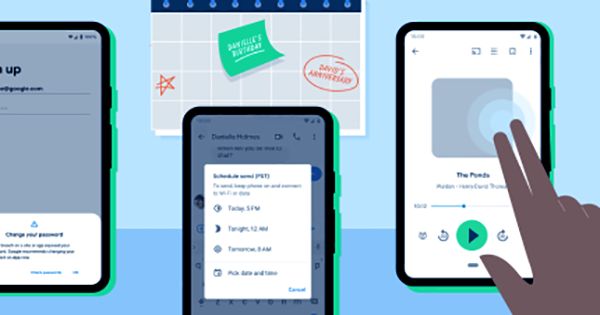While companies have increasingly accepted offers from service companies as software with increasing power, it is not easy to get these new offers to work seamlessly from the start, some business customers feel they will forget as soon as digital ink dries up.
Enter on-board, a 10-month-old startup that will help SaaS businesses delight those new customers instead of shutting them down. The company was co-founded by CEO Jeff Epstein, who previously launched referral marketing and approved marketing software company Ambassador, which went on sale in 2018, eight years after it was founded.
The terms of the sale to West Corporation – now Intrado – never disclosed, but Epstein said it was a “good result” for shareholders. (The ambassador sold to a small Seattle company last month.)

As for how onboard works Epstein simplifies the process. “You set variables in your customer segment, because different types of plans can mean that companies need to do something different.” (For example, they may use an API or some code snippet.) Next, the onboard sales process works with the sauce company to create a global task list with the requirements that hopefully collect, and helps create a kind of dynamic, drop-down task list with assignments and date-to-date and alerts and notifications.
It is essentially self-service product makes accountability more transparent, although Epstein describes his boarding process as a “responsibility of partnership” between his company and his customers. He added that his concern is already to create a more sophisticated notification layer, including automated nodes. Working that is inconvenient is helpful.
The five-person company is not currently charging its dozens of beta customers. Epstein says it wants to get the product before it switches to earning gear. The kind of customer that the plan ultimately chases – medium-sized companies – will have to pay hundreds of dollars a month, as well as a per-person-per-month fee. (“We don’t plan to be Enterprise-Y in any way,” Epstein said of the company’s plans to cancel long deals.)
The driver is not without competitors. On the contrary, there is a lot of excitement around this problematic piece of the enterprise universe. It was a wonderful time for many new customers, brought to the attention of Epstein from its co-founder William Stevenson, who spent four years as VP of the Ambassador for Customer Success, where, like many in his position at other organizations, he Trying to try, sometimes from Monday to Asana or Basecamp or Google Docs.
Jonathan Triest of Ludlow Ventures had the same problem – firmly leading the final round of a $1.25 million seed round for Onboard by the end of the summer, joining Zelkova Ventures and Detroit Venture Partners – he said he knew better.
“Throughout our portfolio, especially in B2B SAS sales,” repeatedly, “Ludlow’s portfolio firms” have forced to dismantle solutions that not made for them or use tools made for them, “Trieste said.
The question is whether Onboard can gain a foothold faster than its other rivals can, and not surprisingly, Epstein believes his team has what it wants to start. (The third founder, Matt Majewski, recently left to help the ambassador speed up the organization.)
Epstein’s biography is also helping, he said. As one of the founders of Detroit who sold a company, he was known to local investors, and then some. (“We got to be a big fish in a small pond,” he said). Epstein added that investors understand that “there is usually an opportunity in space” and added that “partners [enterprises]] are calling – not collaborating – and in some cases coming through a third-party connection to LinkedIn.” Epstein said he had “obviously made some money” in the past, but had never seen anything like it before. “It’s weird,” he added, “but great.”
















